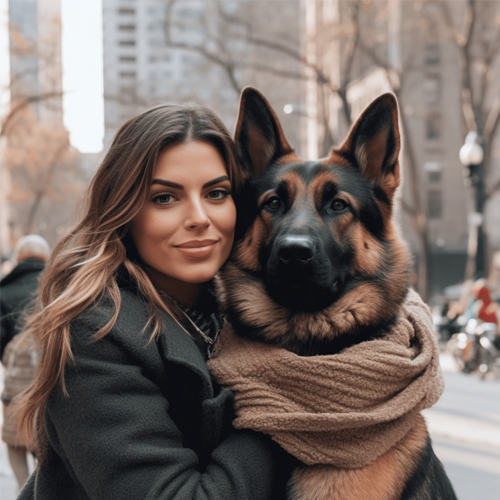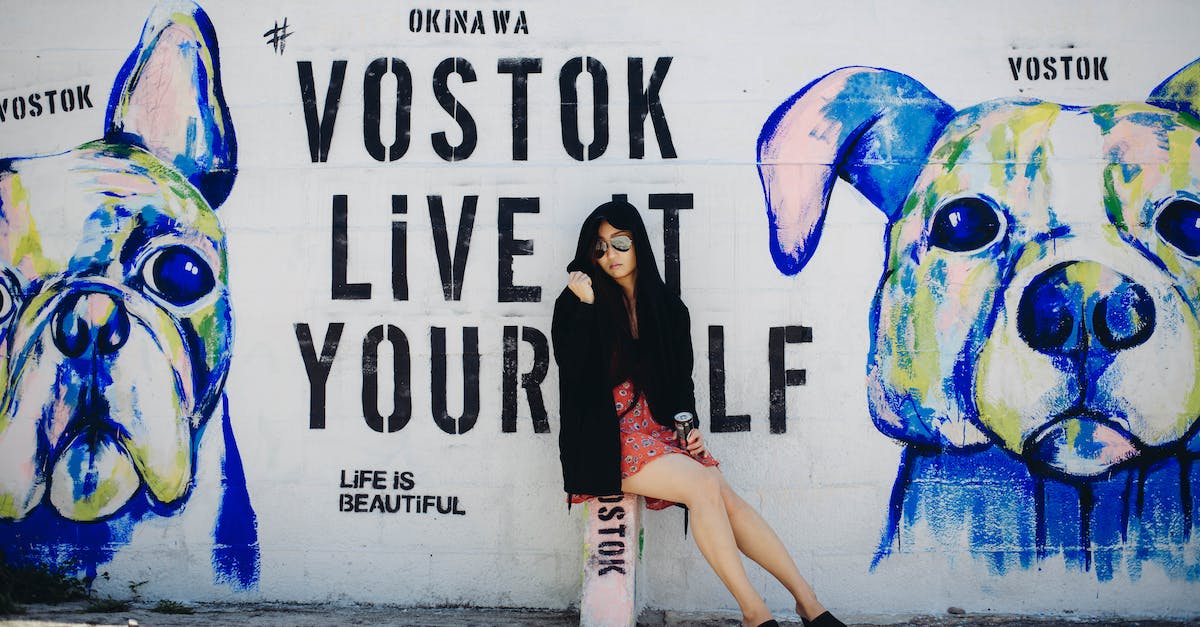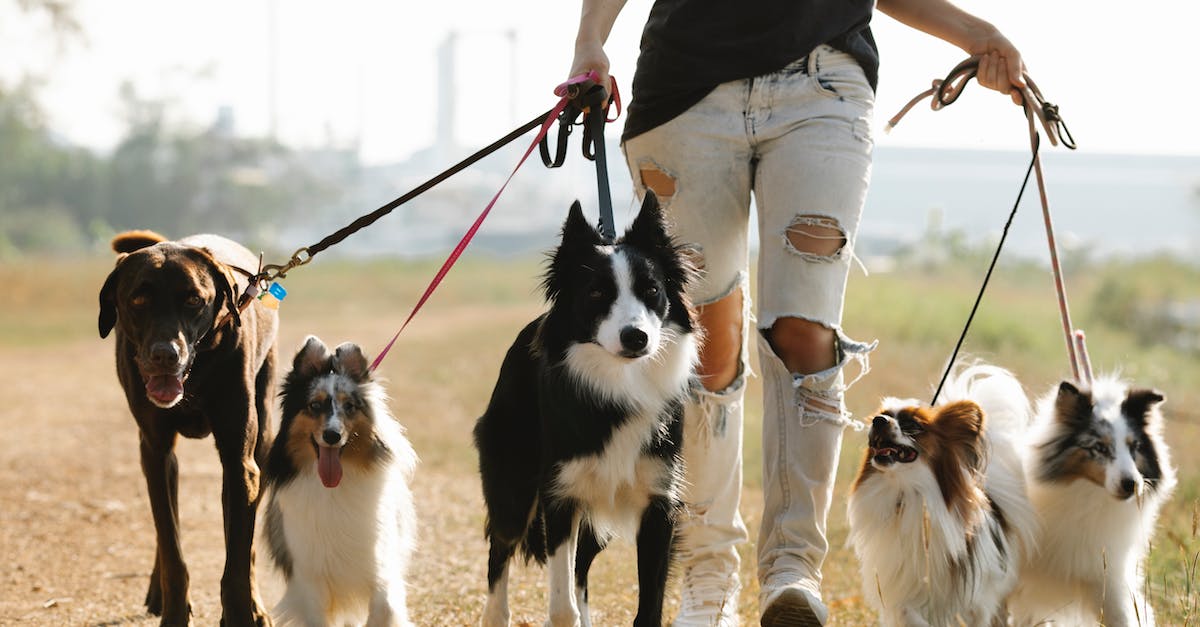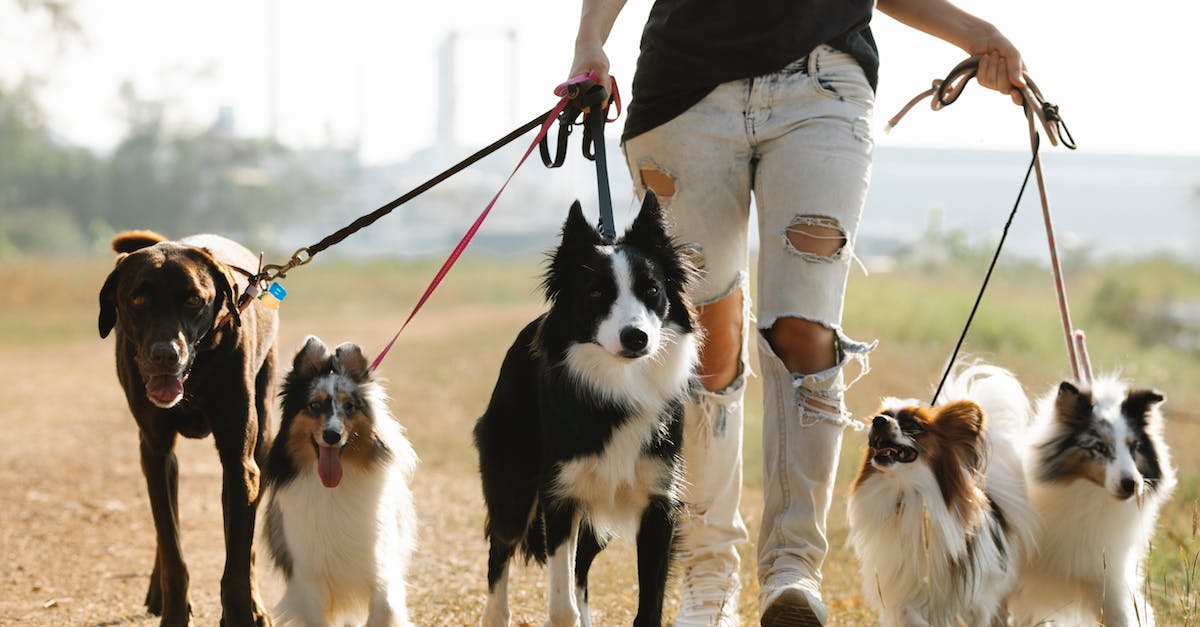Introduction
As a dog owner, you want to ensure that your furry friend is healthy and happy. Sometimes, however, surgeries are necessary to keep your dog in good health. Before any surgery, it's common to have questions and concerns about what to expect. One of the most common questions that dog owners have is whether their dog can have water before surgery.
It's important to understand the pre-surgery guidelines for dogs to ensure that your dog is healthy and prepared for the procedure. Following these guidelines is crucial for the success of the surgery and your dog's overall health. Not following the guidelines can lead to complications and even jeopardize your dog's life.
In this article, we'll explore the question of whether a dog can have water before surgery. We'll discuss the general pre-surgery guidelines for dogs, the importance of hydration, water restrictions before surgery, and exceptions to those restrictions. By the end of this article, you'll have a clear understanding of what to expect before your dog's surgery and how to ensure that your furry friend is healthy and prepared.
Table of Content
- Understanding the Pre-Surgery Guidelines
- The Importance of Hydration
- Water Restrictions Before Surgery
- Exceptions to Water Restrictions
- Conclusion
Understanding the Pre-Surgery Guidelines
As a dog owner, it's important to understand the pre-surgery guidelines for your furry friend. These guidelines are put in place to ensure the safety and well-being of your dog during and after the surgery. It's crucial to follow these guidelines to minimize the risks and complications that may arise during the surgery.
One of the most important pre-surgery guidelines is to fast your dog for a certain period of time before the surgery. This means that your dog should not eat anything for a specific amount of time before the surgery. The fasting period is usually around 12 hours before the surgery. This is to prevent any complications that may arise during the surgery, such as vomiting or regurgitation.
Another important pre-surgery guideline is to restrict your dog's water intake before the surgery. The water restriction period is usually around 2-4 hours before the surgery. This is to prevent your dog from urinating during the surgery, which can cause complications and make the surgery more difficult for the veterinarian.
It's important to note that these guidelines may vary depending on the type of surgery and your dog's individual needs. It's always best to consult with your veterinarian to determine the specific pre-surgery guidelines for your dog. Your veterinarian may also provide you with additional instructions, such as medication or exercise restrictions, to ensure the best possible outcome for your dog.
In conclusion, understanding the pre-surgery guidelines for your dog is crucial for their safety and well-being during and after the surgery. Following these guidelines, including fasting and water restrictions, can help minimize the risks and complications that may arise during the surgery. Consult with your veterinarian for any questions or concerns regarding the pre-surgery guidelines for your furry friend.
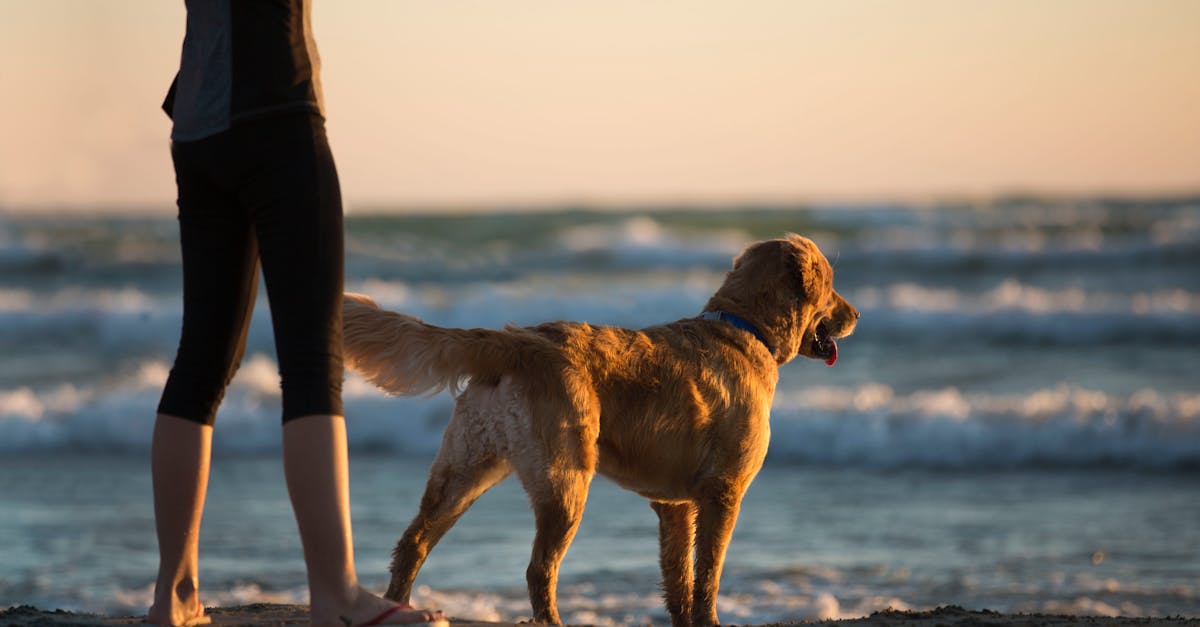
The Importance of Hydration
Hydration is crucial for dogs, especially before and after surgery. Water is essential for maintaining normal bodily functions, including regulating body temperature, transporting nutrients, and eliminating waste. During surgery, dogs can lose fluids through blood loss, anesthesia, and other factors. If a dog is dehydrated before surgery, it can increase the risk of complications and prolong the recovery process.
Dehydration can also lead to other health problems, such as kidney damage, urinary tract infections, and constipation. These issues can further complicate the recovery process and increase the risk of post-surgery complications. Therefore, it is important to ensure that your dog is properly hydrated before surgery.
Proper hydration can also help your dog recover faster after surgery. It can help flush out toxins and waste products from the body, reduce inflammation, and promote healing. Additionally, drinking water can help stimulate the appetite, which is important for dogs recovering from surgery.
To ensure that your dog is properly hydrated before surgery, make sure they have access to clean, fresh water at all times. Encourage them to drink regularly, and monitor their water intake to ensure they are drinking enough. If your dog is not drinking enough water, you can try adding some low-sodium chicken broth or wet food to their diet to increase their fluid intake.
In conclusion, hydration is essential for dogs before and after surgery. Proper hydration can help reduce the risk of complications, promote healing, and speed up the recovery process. Make sure your dog has access to clean, fresh water at all times, and consult with your veterinarian if you have any concerns about your dog's hydration status before surgery.
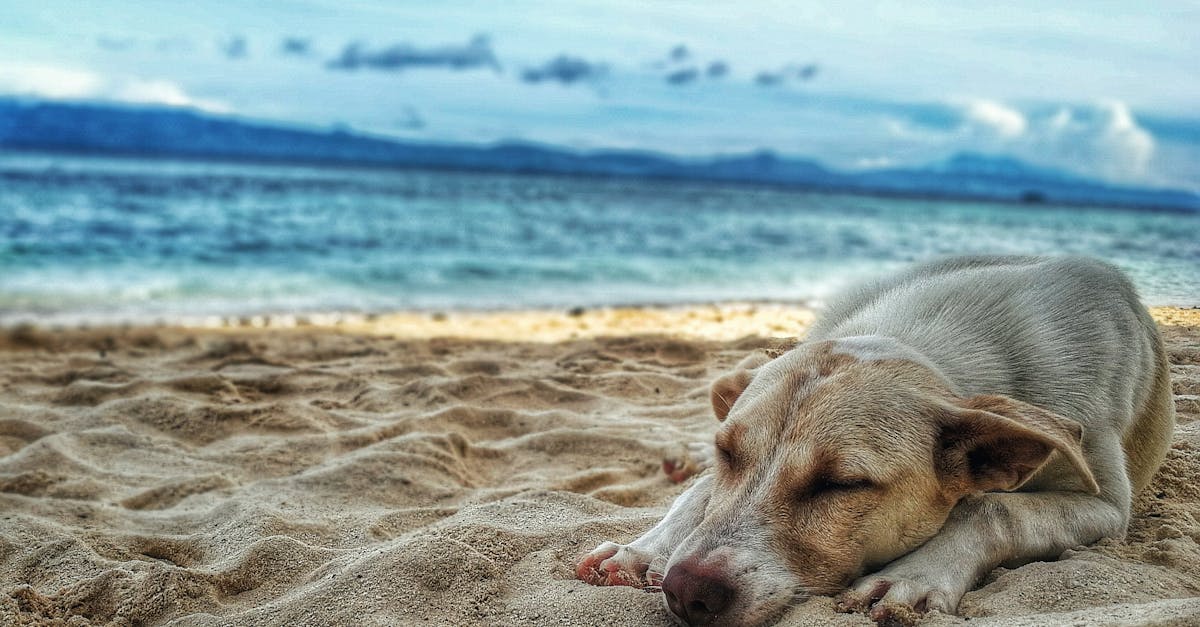
Water Restrictions Before Surgery
Before any surgery, it is important to follow certain guidelines to ensure the safety and well-being of your furry friend. One of the most common questions that pet owners have is whether their dog can have water before surgery. While it may seem like a simple question, the answer is not always straightforward.
Water restrictions before surgery are put in place for a reason. In most cases, dogs are not allowed to have any food or water for several hours before the procedure. This is because anesthesia can cause vomiting, and having food or water in the stomach can increase the risk of aspiration, which is when food or liquid enters the lungs.
It is important to follow these water restrictions to minimize the risks associated with surgery. As a pet owner, it can be difficult to see your dog go without water for an extended period of time. However, it is important to remember that proper hydration before surgery can help reduce the risk of complications during and after the procedure.
If you are concerned about your dog's hydration levels before surgery, talk to your veterinarian. In some cases, exceptions to the water restrictions may be made. For example, if your dog has a medical condition that requires them to have access to water at all times, your veterinarian may make an exception.
In conclusion, water restrictions before surgery are in place for a reason. It is important to follow these guidelines to ensure the safety and well-being of your furry friend. If you have any questions or concerns about your dog's hydration levels before surgery, consult with your veterinarian. They can provide you with the guidance and support you need to ensure a successful surgery and a speedy recovery for your beloved pet.
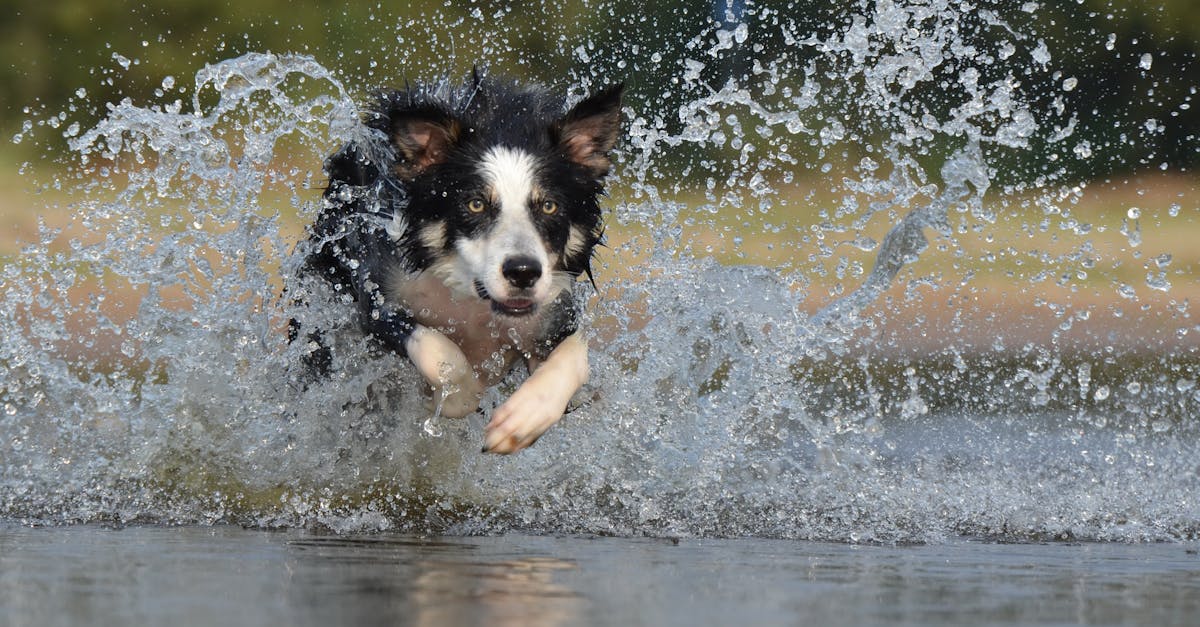
Exceptions to Water Restrictions
When it comes to water restrictions before surgery, there are some exceptions that owners should be aware of. While it's generally recommended that dogs avoid food and water for several hours before surgery, there are some situations where exceptions may be made.
One common exception is for dogs who require medication with water. In these cases, it's important to follow the veterinarian's instructions carefully and only give the dog the amount of water necessary to administer the medication. This may mean giving the dog a small amount of water with a syringe or dropper.
Another exception is for dogs who have certain medical conditions that require them to stay hydrated. For example, dogs with kidney disease or diabetes may need to have access to water before surgery to prevent dehydration and other complications. In these cases, the veterinarian will work with the owner to develop a plan for proper hydration before and after surgery.
It's important to note that these exceptions are made on a case-by-case basis and should only be done under the guidance of a veterinarian. Giving a dog too much water before surgery can increase the risk of complications, so it's important to follow the guidelines carefully.
In conclusion, while water restrictions before surgery are generally recommended, there are some exceptions that may be made for dogs with certain medical conditions or who require medication with water. Owners should always consult with their veterinarian and follow their instructions carefully to ensure the best possible outcome for their furry friend.

Frequently Asked Questions
When should I stop water before dog surgery?
Your dog should stop drinking water at least 8-12 hours before surgery. This is to prevent vomiting and aspiration during the procedure.
What happens if I give my dog water before surgery?
It is not recommended to give your dog water before surgery as it can increase the risk of complications during the procedure. Water can cause vomiting or regurgitation, which can lead to aspiration pneumonia. Your veterinarian will provide specific instructions on when to withhold food and water before surgery.
Can dogs drink water before being spayed?
It is generally recommended to withhold food and water for at least 8-12 hours before surgery, including spaying. This is to prevent vomiting and aspiration during the procedure.
Why can't animals have water before surgery?
Animals are not allowed to have water before surgery because it can increase the risk of vomiting and aspiration during anesthesia. This can lead to serious complications and even death.
Conclusion
In conclusion, it is important for dog owners to understand the pre-surgery guidelines and restrictions when it comes to their pet's water intake. While it may seem like a small detail, proper hydration before surgery can have a significant impact on the dog's overall health and recovery.
It is generally recommended to restrict a dog's water intake before surgery to prevent any complications during the procedure. However, there are exceptions to this rule, such as for dogs with certain medical conditions or for procedures that require a longer fasting period.
It is crucial for owners to consult with their veterinarian and follow their specific instructions regarding their dog's water intake before surgery. Neglecting to follow these guidelines can lead to dehydration, which can cause serious health issues for the dog.
In addition to following the pre-surgery guidelines, owners should also ensure that their dog is properly hydrated leading up to the procedure. This can help improve their overall health and make the recovery process smoother.
Overall, the answer to the question of whether a dog can have water before surgery depends on the specific circumstances and guidelines provided by the veterinarian. By following these guidelines and ensuring proper hydration, owners can help ensure the best possible outcome for their furry friend's surgery.

